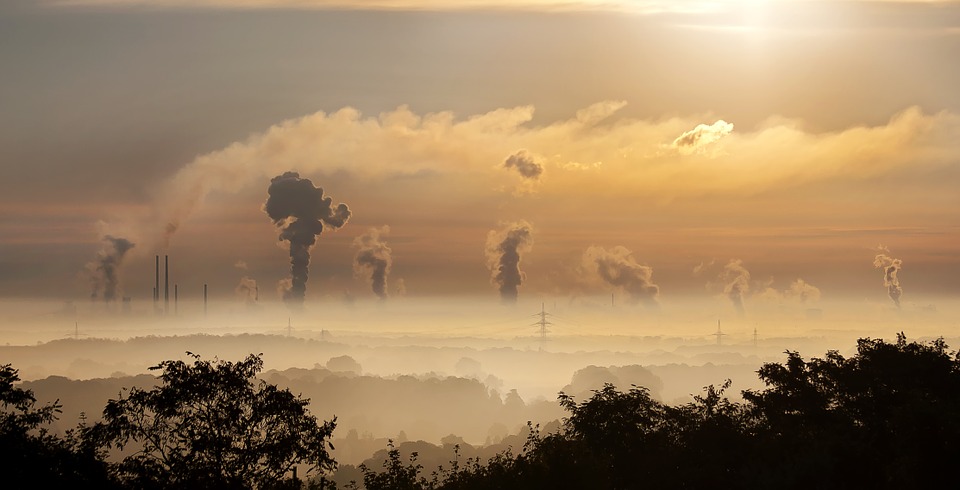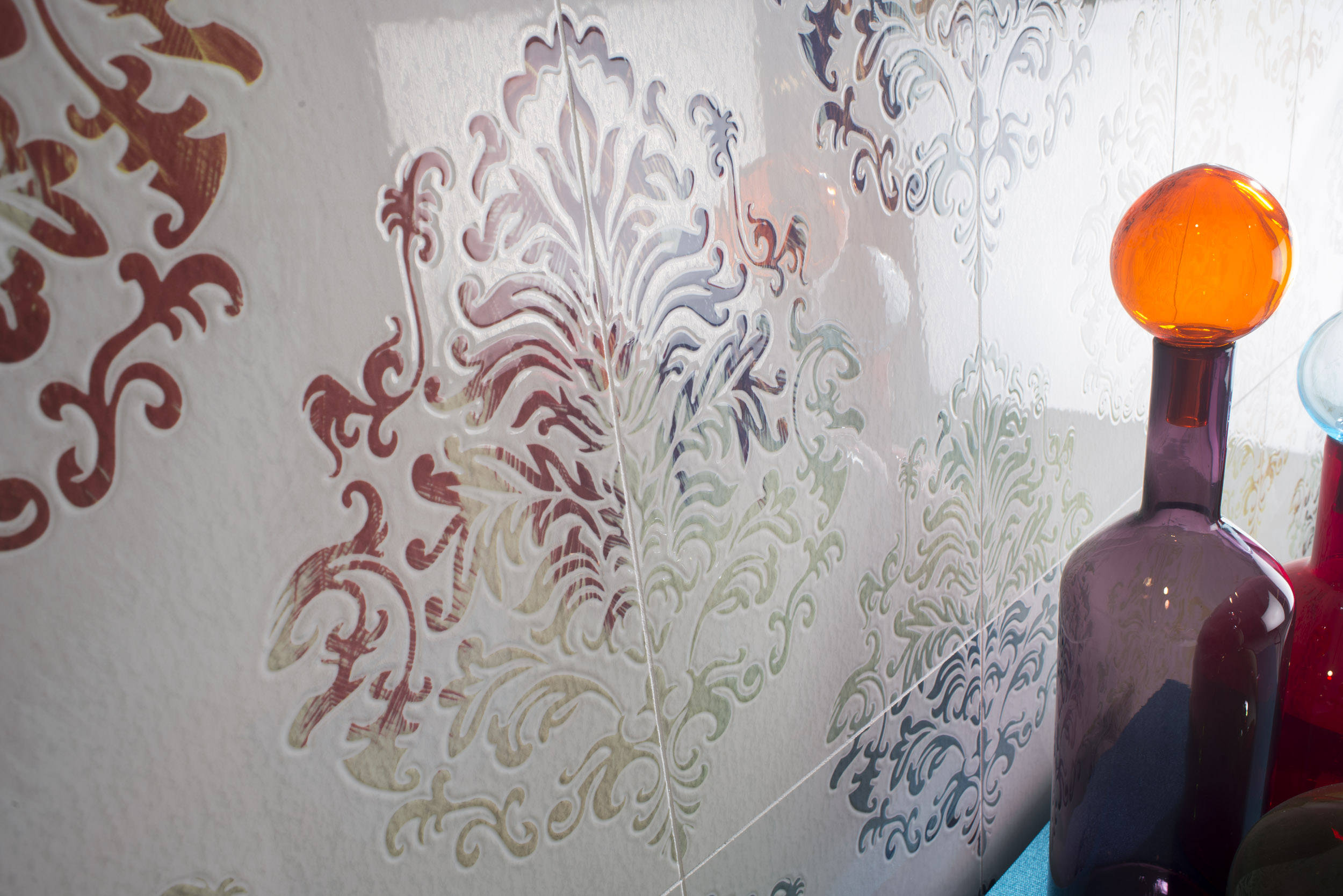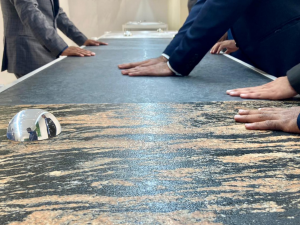For any company, an environmentally friendly approach can provide advantages both for its production and the environment, is a situation in which both of the parties win. Even better, the implementation of recycling processes will enhance their image in the market, probably gaining more customers.
Nevertheless, the company’s measures should be first guided to reduce their emissions, resources consumption and waste production. In order to make this, several changes in the production chain have to be made and can also impact positively in the manufacturing of a company.
Adding some green policies and recycling to their processes, companies could experience a better use of their resources, optimizing them in an intelligent way. Optimization, reduction, and recycling are important pillars in modern companies that want to adopt a green approach.
Any production must be considered with respect for the environment and responsibility since every piece of ceramic made leaves an impact on the planet. The industry should look for technological advances that offer a solution to lower its negative impact on the environment.
[ux_image id=”217″] [gap]One of the solutions is incorporating recycling in the manufacturing of ceramic pieces, and this can be achieved in many ways. While recycling is very important in this stage, it is also needed in the early and the lasts steps of the chain, creating a more eco-friendly process from the beginning to the end.
We should not be thinking the act of recycling as an individual, but rather as a team with reducing and reusing. These three ideas are the funds of an environmentally responsible company and can be accomplished with small changes within the industry. It relates mostly to change the way the industry works, but also how the industry thinks, in order to apply these green measurements in every future design, idea or project more easily.
A few changes in every step of the production process can come a long way. When considering the early stages of ceramic manufacturing, we must think about the sourcing of materials and its transportation. Raw materials should be obtained in the less invasive way possible and is better to source them in a location near to the factory to avoid huge transportation costs and pollution.
Another way of reducing emissions and helping the company economically is by taking care of the resources used in ceramic production. Controlling the amount of raw material, water, and energy used during manufacturing can save valuable resources and also money.
Although this industry is not the biggest water consumer, the ceramic companies take up to 5% of the water supply, that could easily be reduced by using wastewater and sludge in some of the processes, with the same results. Companies can also compromise to use only renewable energies to power their offices, resulting in more responsible and inexpensive energy consumption.
The impact of ceramics on the environment is caused also from its materials, and luckily lots of companies have decided already to stop using glazes and paints with toxic ingredients that could harm their workers, clients and the planet.
Apart from taking some preventive measurements to lower the negative impact of a company, the ceramic production can also be modified by adding recycling to its processes. Through technological advances and new machinery, waste and old products can be transformed into new ceramic pieces.
A recycling alternative is to replace the raw materials to produce ceramic for some waste ones and create a totally new product with the same manufacturing. But if companies want to maintain in the ceramic trade, they can use leftover, damaged or discarded pieces to generate a new product.
These pieces are crushed and recycled, producing brand new ceramics, avoiding them to end as waste in a landfill. Recycling in ceramic production does not only offer a solution to overproduction and waste, but also gives the opportunity for companies to create original and eco-friendly products.
As recycling starts to take part in every ceramic company, it is likely for the production of new materials to drop, since many efforts will be directed to the reusing of older products, that represents a benefit for the environment but also for the company, getting to sell recycled products that are easier to produce.
With the implementation of environmentally friendly measurements in every step of the ceramic production, the industry is focusing all of their efforts into becoming zero emission, zero waste and using zero non-recyclable products. These measures will help create a green economy that could benefit the planet, the society and also the company.
Fortunately, more scientific research and technological advances are directed to create a more eco-friendly industry, having in mind the possibilities and limitations of each sector. To ensure the future of the ceramic industry, sustainable development is vital.
As important as reducing and reusing may be, incorporating recycling into the production process makes the bigger difference, since it significantly reduces waste and creates a new market of environmentally responsible products, that are without a doubt the future in every industry.











